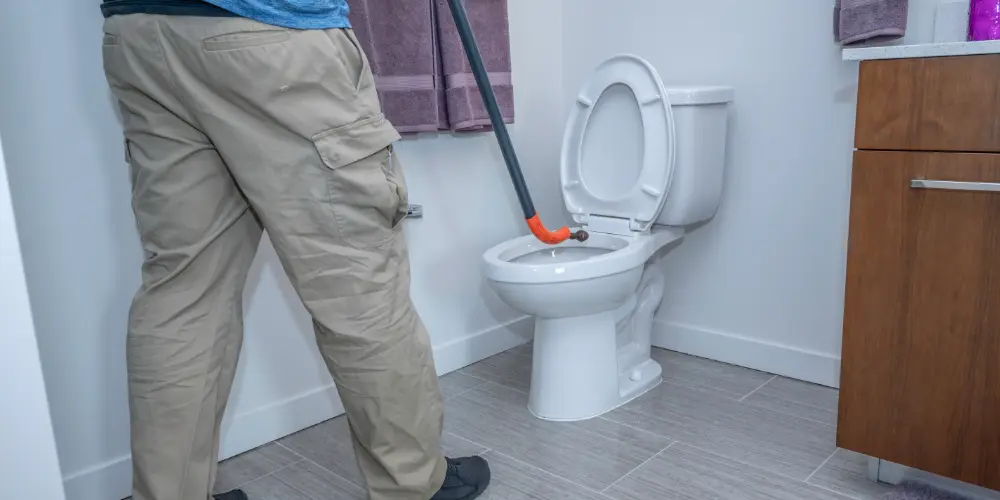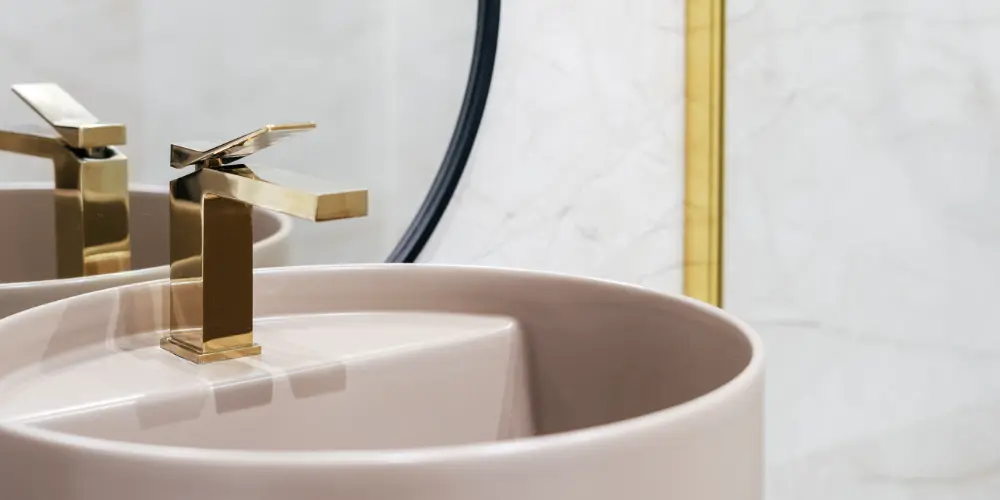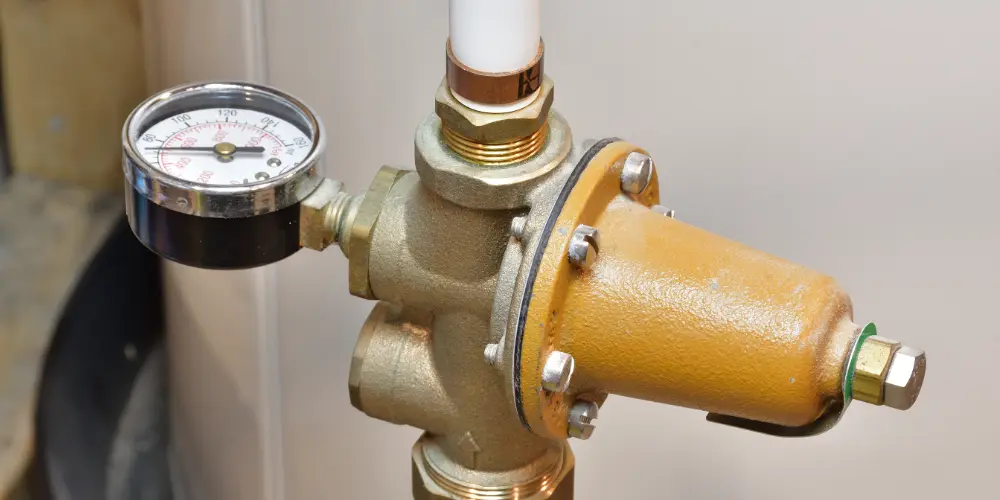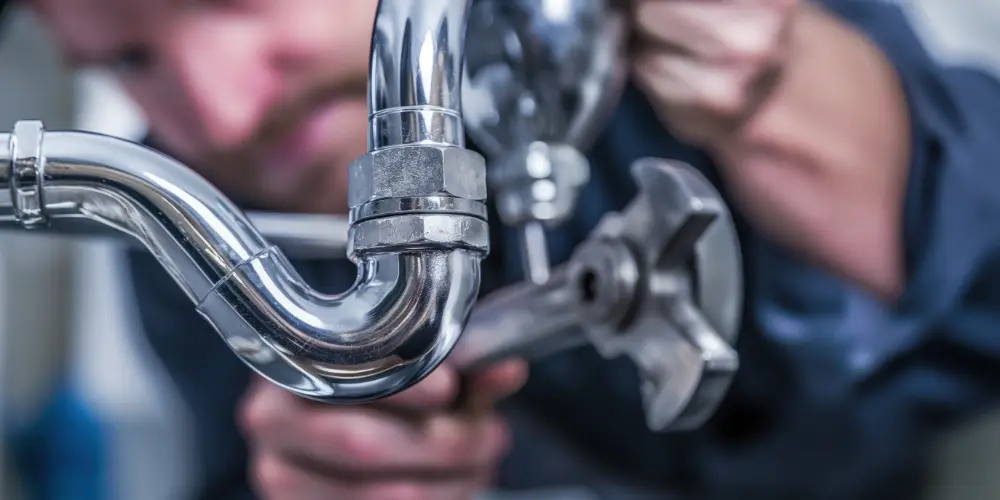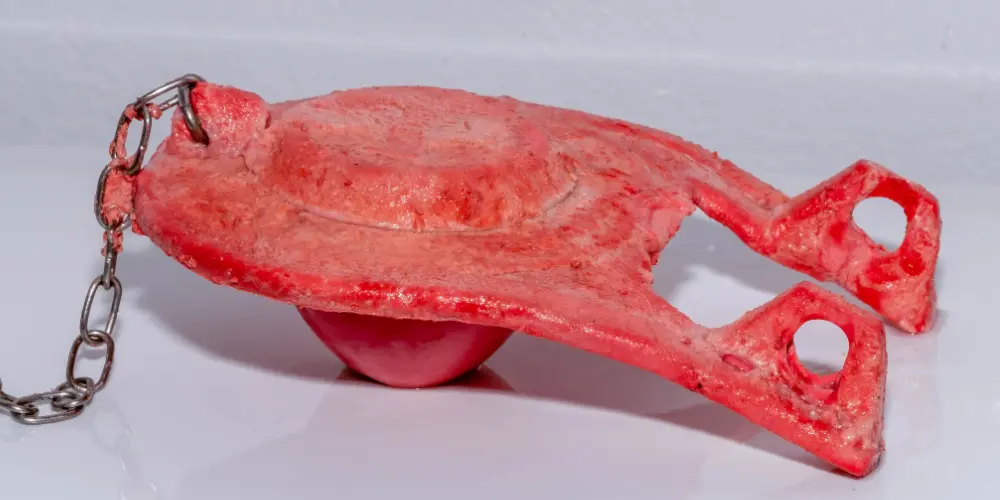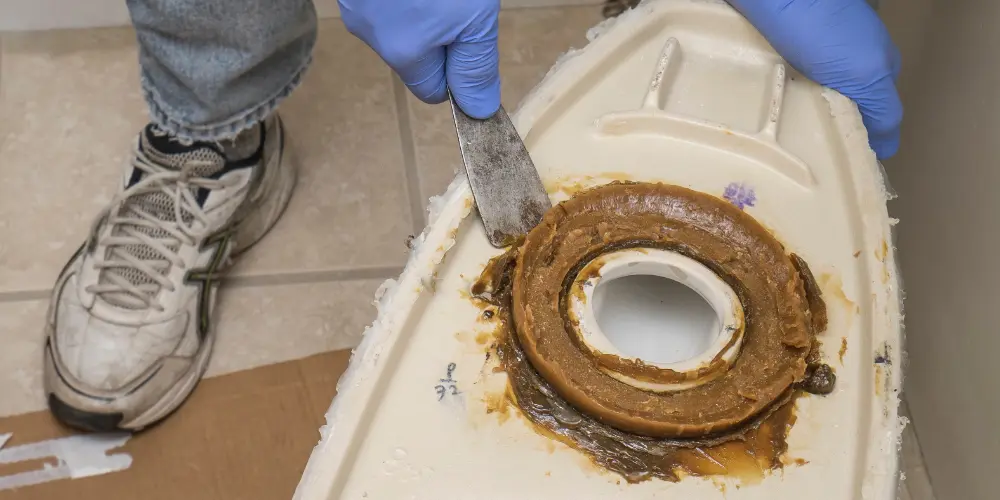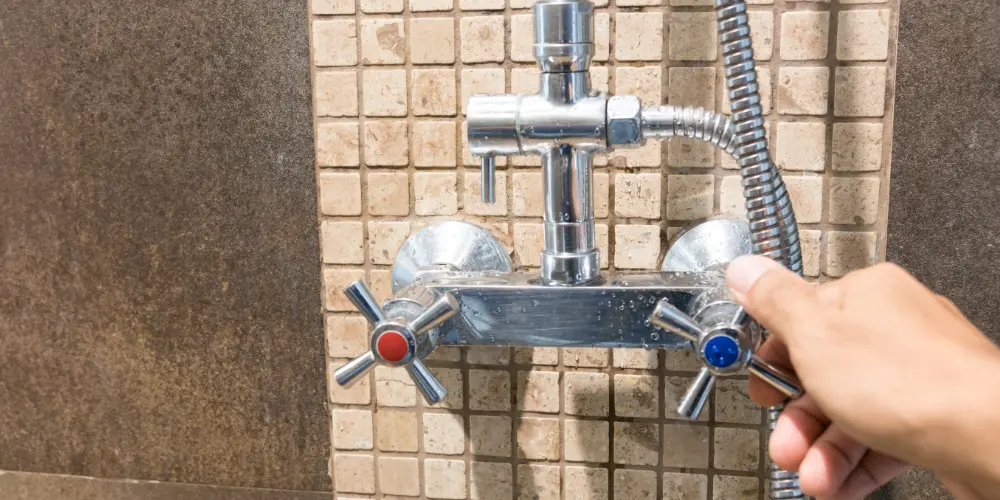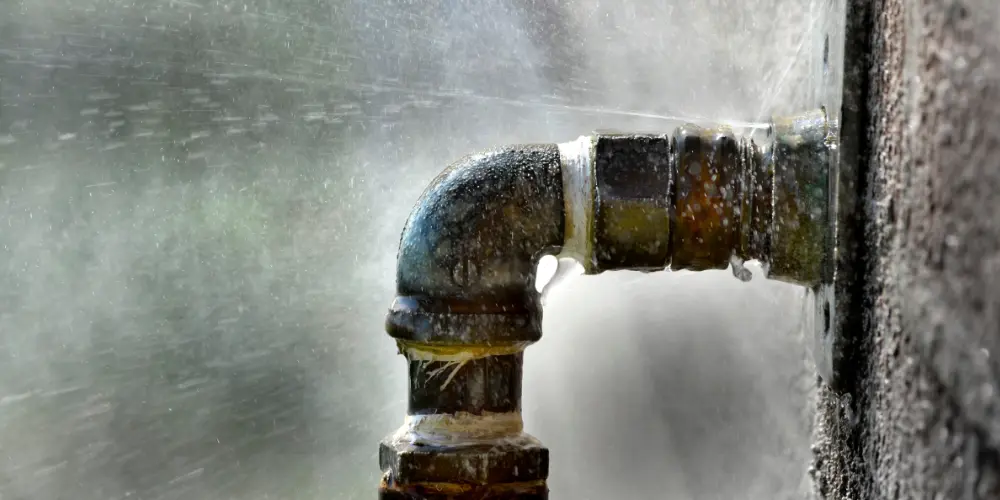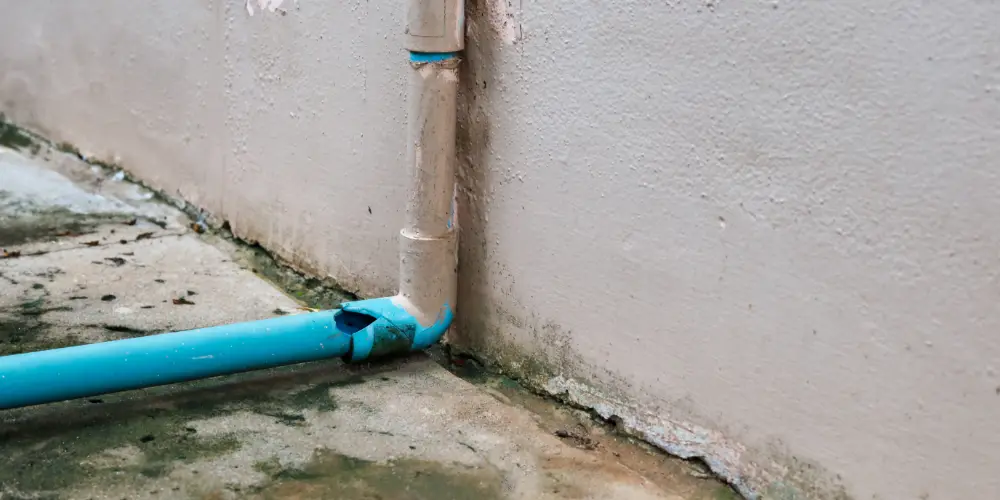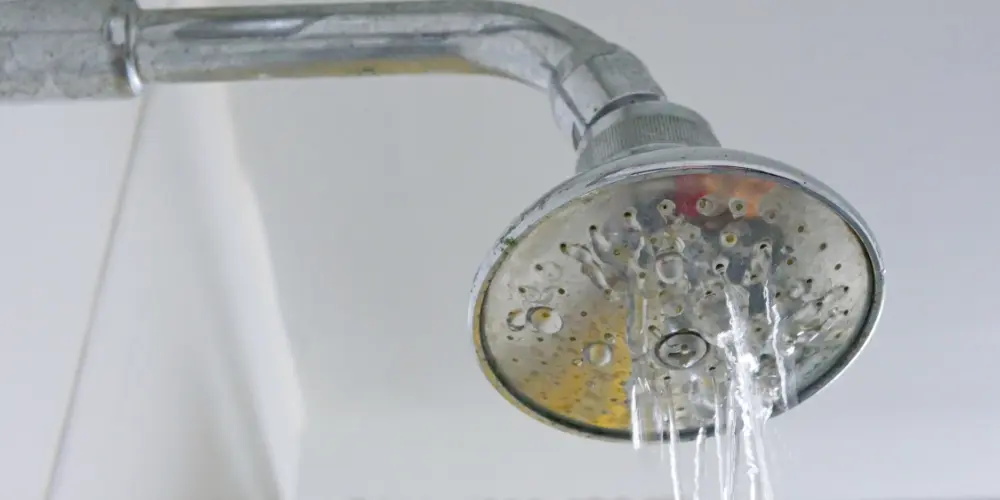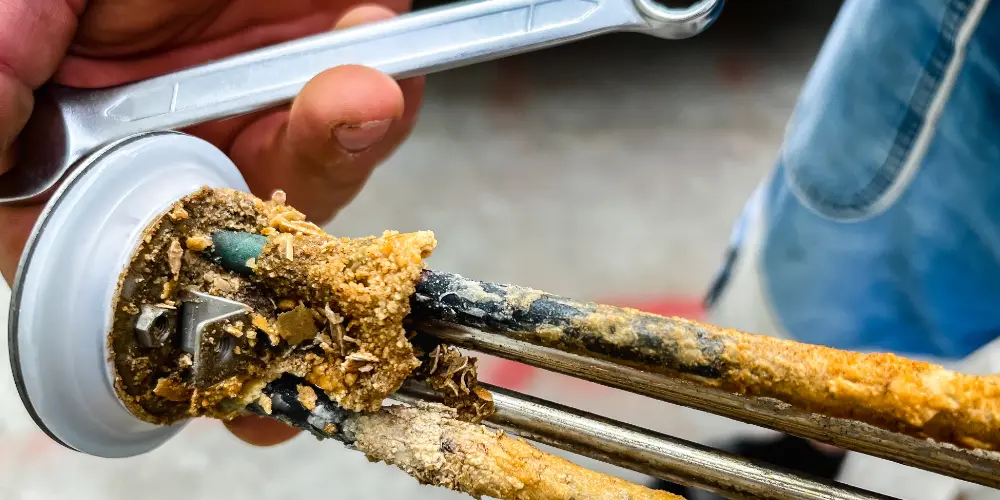All Things Plumbing & HVAC: The Orange Coast Plumbing Blog
Need to know what’s an emergency and which problems can wait? Which problems you can solve DIY? The Orange Coast Plumbing blog helps you understand common plumbing, heating, and air conditioning issues.
Clogged toilets are a homeowner’s nightmare and a stinking mess.
Most clogs clear quickly enough with a few plunger thrusts, but what about those that don’t?
Enter the auger, a handy and inexpensive plumbing tool for toilets that fail to comply with the flush command.
Most people understand the mechanics of a simple compression faucet and know what to do when something goes wrong.
A cartridge faucet is more of a mystery, but the good news is that replacing a cartridge is a straightforward repair that can save you time and money.
Plumbing systems need a certain amount of water pressure to function, but too much can damage pipes, fixtures, and appliances. That’s where a water pressure regulator comes in.
A water pressure regulator is a device that controls the amount of water pressure entering your home at a given interval. It’s usually installed near the main water supply valve.
A P-trap sits below your toilet, kitchen sink, bathtub, and washing machine drain, out of sight and mostly out of mind. Attached to the plumbing system, it may look more like a “U-trap.”
This unassuming fixture helps to keep your home free of sewer gases.
“Air pollution” evokes images of smog-filled skies and gray industrial emissions.
However, indoor pollution can be just as harmful, if not more so. Poor indoor air quality can reduce one’s life expectancy by five years!
According to EPA, the average American spends up to 90% of their time indoors.
Toilet flappers perform an essential task. If your toilet leaks, runs, or won’t flush properly, the flapper is the first thing to inspect.
Fortunately, replacing the flapper is a simple and inexpensive DIY repair that should take no longer than a trip to the home improvement store.
Ever found yourself with a leaky toilet and wondered what to do next?
The toilet’s wax ring is a prime suspect for a leak at the base. This innocuous little seal keeps water from seeping out of your toilet and onto your floors. When it fails, you’ll know — and so will everyone else in the house!
Water hammer, or hydraulic shock, occurs when water suddenly stops or changes direction within a pipe.
This abrupt halt or shift creates a pressure wave that travels through the plumbing system, making pipes bang against walls, floors, or each other.
Water damage from plumbing leaks affects approximately one in 50 US homes every year. It ranks as a top cause of property damage claims among homeowners.
If you have older plumbing, you’re sitting on a ticking time bomb. Unless you have a leak detection system, you will have to deal with an expensive plumbing emergency at some point.
A water leak may not kill you, but it can do a world of damage when that pinhole leak goes from trickle to torrent.
You can patch that pinhole leak with Flex TAPE, like Phil Swift on late-night TV, but you’ll want a substantial repair in the long term.
In this blog, we’ll cover the simpler PVC pipe repairs you may be able to manage DIY.
Fixing low water pressure may involve a simple solution, like cleaning a shower head, or something much more complex, like digging up pipes and installing a new main water line.
In this blog, we’ll help you assess the situation — preferably before you start losing hair or sanity.
When it comes to water heaters, a quick and clean goodbye is precisely what you need. Postposing action on a faulty heater can be dangerous to your health and home. Besides, wouldn’t you prefer a gentle, comfortable stream of water from the shower head instead of the El Niño fluctuations of hot and cold you’re experiencing?
Your water heater could be sending you signals — subtle or otherwise — that it’s approaching retirement age.

